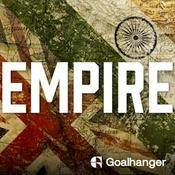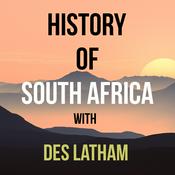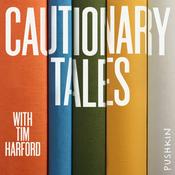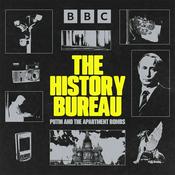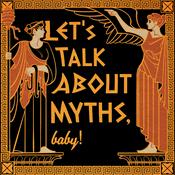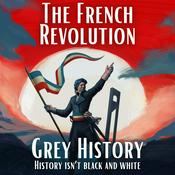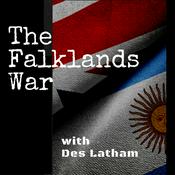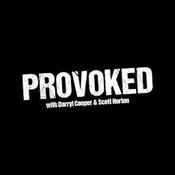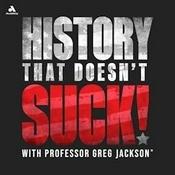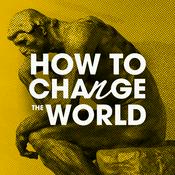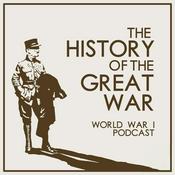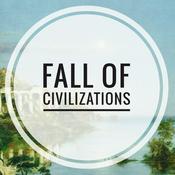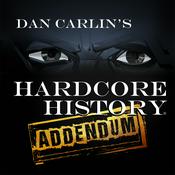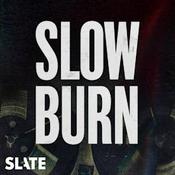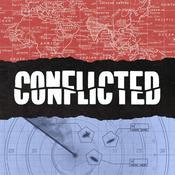The World Turned Upside Down - The British Civil Wars 1638-1651
The World Turned Upside Down
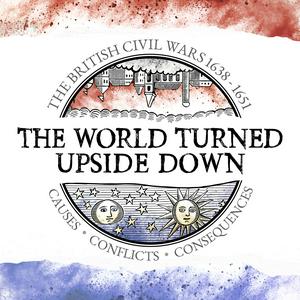
Latest episode
111 episodes
- On 6 December 1648, Pride’s Purge marked a watershed moment in the English Revolution. By arresting some MPs and preventing others from sitting, the New Model Army seized political power. Now the Army, rather than Parliament, would dictate the future settlement of England. The exclusion of the more moderate MPs ensured that a hard line ... Read more
- The formation of the New Model Army placed a significant burden on every taxpayer in England at a time when wartime devastation, disruption of trade and a series of poor harvests was already causing hardship across Britain. According to the Army’s detractors, the country could simply not afford to pay a cost equivalent to over ... Read more
- In the years leading up to the outbreak of Civil War, very few would have predicted that England would become a Republic. But in Parliament, one MP, Henry Marten (1602 – 1680) who was returned for Berkshire in the Short and Long Parliaments, became an early and outspoken champion for republicanism and subsequently for the ... Read more
- Brilliana Harley was one of the heroines of the British and Irish civil wars. A deeply religious woman, in her husband’s absence, Brilliana successfully held off a royalist siege of her family home at Brampton Bryan in Herefordshire for three months during 1643. During these weeks she vividly described these events and even rejected a ... Read more
- Dr Mark Dawson has conducted extensive research into food and drink in the early modern period. In this programme, he reveals that this period saw a fundamental and irreversible evolution of the foods widely consumed by families at all levels of society. Production and consumption of fruit and vegetables increased while soldiers began to eat ... Read more
More History podcasts
Trending History podcasts
About The World Turned Upside Down - The British Civil Wars 1638-1651
Welcome to exciting new weekly podcasts from top historians, all about the British Civil Wars.
Podcast websiteListen to The World Turned Upside Down - The British Civil Wars 1638-1651, Empire: World History and many other podcasts from around the world with the radio.net app

Get the free radio.net app
- Stations and podcasts to bookmark
- Stream via Wi-Fi or Bluetooth
- Supports Carplay & Android Auto
- Many other app features
Get the free radio.net app
- Stations and podcasts to bookmark
- Stream via Wi-Fi or Bluetooth
- Supports Carplay & Android Auto
- Many other app features


The World Turned Upside Down - The British Civil Wars 1638-1651
Scan code,
download the app,
start listening.
download the app,
start listening.

